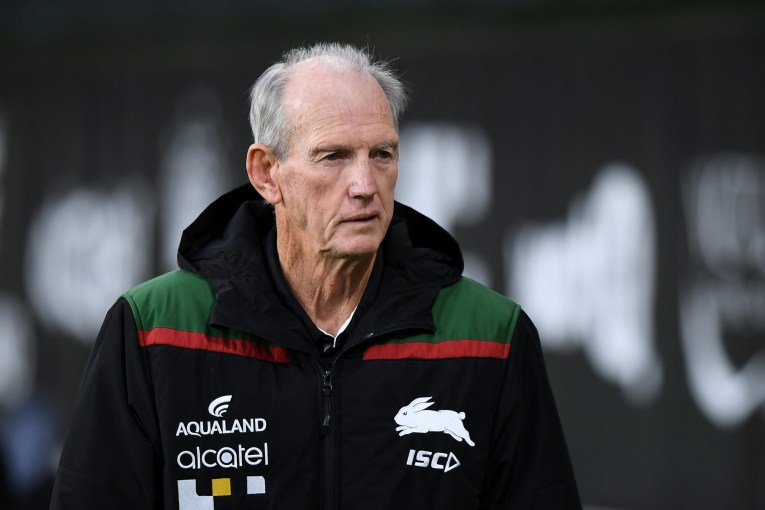Manna from Heaven: How churches pocketed millions from JobKeeper scheme
A Queensland religious organisation was among the biggest beneficiaries of dozens making huge profits while receiving the Federal Government’s JobKeeper payments.

The Queensland Scripture Union, which runs school chaplaincy programs in Queensland, was among the biggest beneficiaries of Federal JobKeeper payments (Photo: Eternity News)
An ABC investigation has found that dozens of Australia’s biggest churches and other religious institutions pocketed millions of dollars in JobKeeper payments while remaining in the black during 2020.
The investigation looked at the financial records of more than 100 religious organisations and found many qualified for the emergency wage subsidy despite seeing little financial impact from last year’s COVID-19 economic shock.
Figures from the Australian Tax Office show about 3,500 religious entities received a total of $627 million in JobKeeper payments during the life of the scheme, which ended in March.
That figure excludes payments to social welfare charities controlled by religious groups, such as Uniting Care, Mission Australia and the Brotherhood of St Lawrence.
Religious groups delivering the federal government’s school chaplaincy program were among the biggest recipients, with the Scripture Union of Queensland receiving more than $15 million in JobKeeper payments while seeing only a slight fall in government revenue during the year.
Its overall revenue excluding JobKeeper was down 11 per cent for the year, but the wage subsidy helped it post a surplus of $11.7 million.
“Scripture Union QLD met the statutory decline-in-revenue tests for charities to qualify for JobKeeper support,” the organisation said in a statement.
“We are grateful for JobKeeper as it meant we maintained employment for all of our staff despite the uncertainty of the COVID-19 pandemic.”
Other major JobKeeper recipients include the Catholic Archdiocese of Adelaide, which received $13 million while posting a surplus of just over $7 million in 2020.
The archdiocese declined to comment.
Labor MP Andrew Leigh said religious organisations that remained in surplus while on JobKeeper should consider paying the money back.
“I also think that the Morrison government needs to be held to account for running a scheme which continued to hand out money to firms with rising earnings,” Leigh said.
Federal Treasurer Josh Frydenberg declined to do an interview but in a statement said he would welcome religious groups and other charities repaying JobKeeper “if they are in a position to do so”.
“These organisations perform vitally important work,” he said.
“That’s why the Morrison government provided them with unprecedented support to ensure they could continue to help those Australians in need of their services during this once-in-a-century pandemic.”
Religious organisations are typically registered as charities, meaning any surplus revenue at the end of the year — otherwise known as profit — is returned to the institution’s cash reserves.
Yet the ABC reported that only a fraction of the total amount of JobKeeper paid to religious groups can be traced because most religious institutions are exempt from financial transparency rules that require businesses and charities to submit annual financial statements to regulators.
“Their transparency requirements under the Australian Charities and Non-Profits Commission are much more lax than for other charities, such as environmental charities or social welfare charities,” said Luke Beck, an associate professor of law at Monash University, whose research focuses on the legality of government funding of religion.
“It is very difficult to get a full picture of how much government money is going to religious groups at any time.”
Religious practitioners such as priests, nuns, imams and rabbis were not initially included in the JobKeeper scheme when it was launched in March last year because clergy are not technically considered employees under Australian law.
But the government amended the scheme’s rules in May 2020 to extend the payment to religious practitioners.












